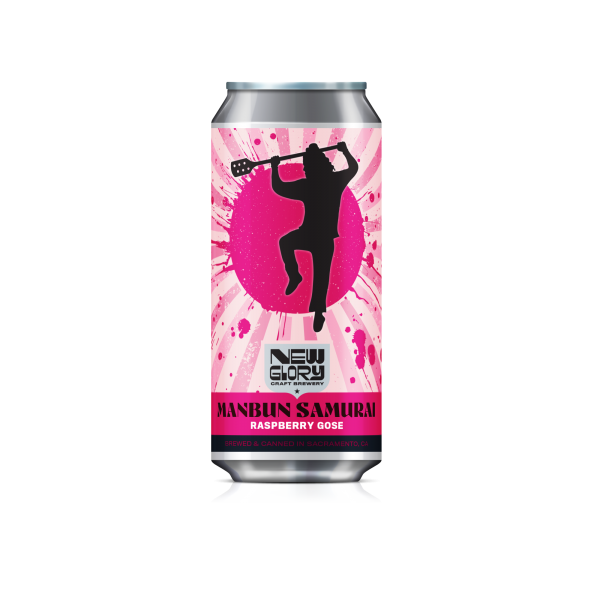
Some pharmaceutical drugs, when taken together, have also been implicated in the cause of déjà vu. Pharmacology Ĭertain drugs increase the chances of déjà vu occurring in the user, resulting in a strong sensation that an event or experience currently being experienced has already been experienced in the past. Certain forms of the gene are associated with a mild form of epilepsy, and, though by no means a certainty, déjà vu, along with jamais vu, occurs often enough during seizures (such as simple partial seizures) that researchers have reason to suspect a link. Although there is not currently a gene associated with déjà vu, the LGI1 gene on chromosome 10 is being studied for a possible link. Some research has looked into genetics when considering déjà vu. A 2008 study found that déjà vu experiences are unlikely to be pathological dissociative experiences. No special association has been found between déjà vu and schizophrenia. Įarly researchers tried to establish a link between déjà vu and mental disorders such as anxiety, dissociative identity disorder and schizophrenia but failed to find correlations of any diagnostic value. Migraines with aura are also associated with déjà vu. This experience is a neurological anomaly related to epileptic electrical discharge in the brain, creating a strong sensation that an event or experience currently being experienced has already been experienced in the past. It is now used internationally.ĭéjà vu is associated with temporal lobe epilepsy. He used it in his book L'Avenir des sciences psychiques. The expression "sensation de déjà-vu" (sensation of déjà vu) was coined in 1876 by the French philosopher Émile Boirac (1851-1917). Furthermore, people also tend to experience déjà vu more in fragile conditions or under high pressure, and research shows that the experience of déjà vu also decreases with age.


People who travel often or frequently watch films are more likely to experience déjà vu than others. Two types of déjà vu are recognized: the pathological déjà vu usually associated with epilepsy or that which, when unusually prolonged or frequent, or associated with other symptoms such as hallucinations, may be an indicator of neurological or psychiatric illness, and the non-pathological type characteristic of healthy people, about two-thirds of whom have had déjà vu experiences. It is an anomaly of memory whereby, despite the strong sense of recollection, the time, place, and practical context of the "previous" experience are uncertain or believed to be impossible. For other uses, see Déjà vu (disambiguation).ĭéjà vu ( / ˌ d eɪ ʒ ɑː ˈ v( j) uː/ ( listen) DAY-zhah- VOO, - VEW, French: ( listen) "already seen") is a French loanword expressing the feeling that one has lived through the present situation before.


 0 kommentar(er)
0 kommentar(er)
